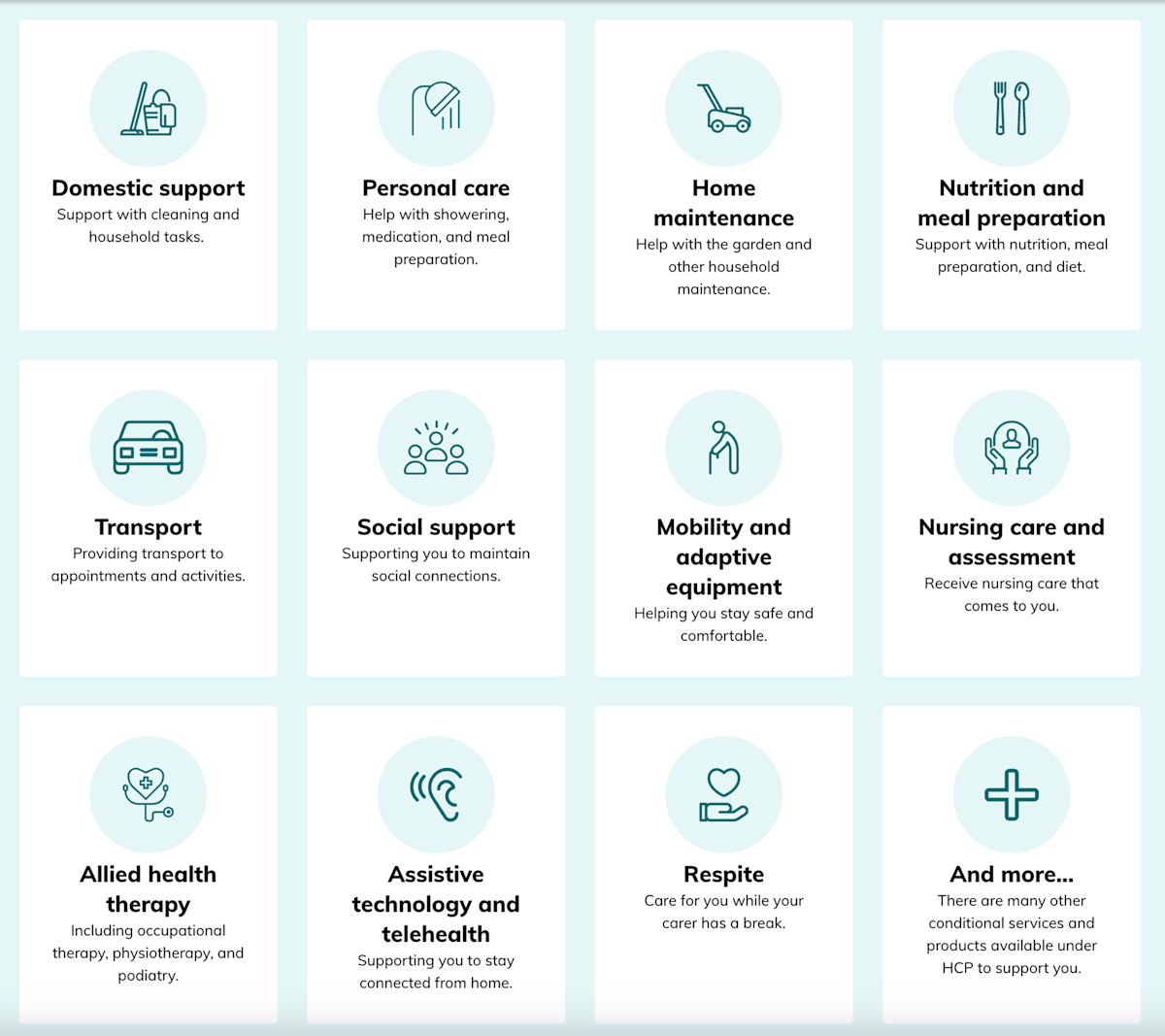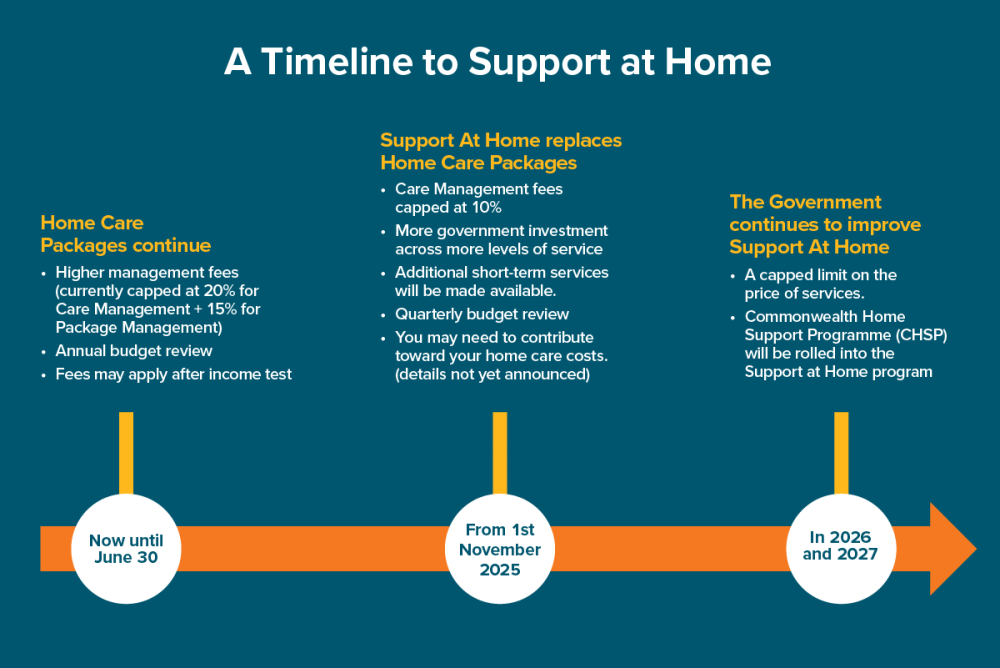Key questions to ask your support at home provider
Key questions to ask your support at home provider
Blog Article
All Regarding Home Treatment Services for Individuals With Disabilities: NDIS Registered Support
Home care solutions under the NDIS play a critical duty in supporting individuals with handicaps. These solutions are developed to improve day-to-day living via tailored aid, varying from individual like mobility assistance. Comprehending just how to navigate these alternatives can be intricate. This summary discovers the different aspects of NDIS home care, from available services to the option of suppliers, highlighting crucial considerations for those seeking assistance. The journey toward equipped care begins below.
Understanding the NDIS and Its Purpose
The National Impairment Insurance Coverage System (NDIS) acts as a transformative structure developed to provide assistance and solutions for people with handicaps. Developed to boost the lifestyle and assurance fair access to essential resources, the NDIS encourages individuals by using customized strategies customized to their one-of-a-kind demands. It intends to promote freedom, making it possible for individuals to pursue their individual objectives and aspirations.Through an organized approach, the NDIS designates funding for numerous supports, including education, employment assistance, and area participation. This all-encompassing scheme not only concentrates on instant care however also highlights long-lasting developmental outcomes. By promoting option and control, the NDIS motivates participants to choose their recommended provider, ensuring that treatment lines up with their choices and values. Inevitably, the NDIS stands for a significant dedication to boosting the lives of people with specials needs, promoting inclusivity, and constructing an extra supportive society.
Kinds Of Home Treatment Provider Available
Various kinds of home care solutions deal with people with handicaps, mainly concentrating on individual treatment assistance and break treatment options. Personal care assistance supplies necessary assistance with everyday tasks, while respite treatment supplies momentary alleviation for main caregivers. Understanding these solutions is vital for making certain the wellness of both people with handicaps and their families.
Personal Treatment Support
While steering life can provide obstacles for individuals with impairments, individual treatment help uses crucial assistance tailored to their unique demands. This kind of home treatment service includes a variety of activities designed to advertise freedom and boost lifestyle. Individual care assistants help with daily jobs such as showering, dressing, grooming, and toileting, making certain people keep individual hygiene and comfort. They might also aid with meal preparation, drug management, and flexibility assistance. By giving individualized treatment, these specialists encourage people to involve more totally in their social activities and daily routines. In general, individual care assistance plays a substantial role in promoting self-respect and autonomy for those with impairments, enabling them to thrive in their home atmosphere.

Reprieve Care Options
Break treatment acts as a crucial resource for families and caregivers of individuals with disabilities, offering short-term alleviation from the needs of daily caregiving. This type of solution can take numerous forms, consisting of in-home reprieve treatment, where qualified specialists visit the home to help with treatment tasks. Alternatively, families may opt for facility-based break care, where people receive care in a specialized environment, allowing caretakers to pause. Furthermore, some companies supply emergency break services for unforeseen conditions. These options not just help minimize caretaker tension however likewise promote the wellness of people with handicaps by supplying them brand-new experiences and social communication. In general, reprieve care plays an important duty in sustaining both caregivers and those they care for.

How to Access NDIS Home Treatment Solutions
Accessing NDIS home treatment solutions entails understanding the eligibility criteria set forth by the National Impairment Insurance Policy Plan. People need to browse a structured application process to secure the required assistance tailored to their demands. This area will certainly clear up both the qualification requirements and the steps involved in requesting solutions.
Eligibility Criteria Clarified
To get approved for NDIS home care solutions, individuals need to meet particular eligibility criteria that examine their situations and requirements. First, candidates must be matured between 7 and 65 years and have a substantial and irreversible impairment that impacts their capacity to perform day-to-day tasks. Additionally, they should be an Australian person, an irreversible citizen, or hold a Protected Special Classification Visa. The NDIS needs proof of the special needs, commonly via medical analyses or reports. People must demonstrate that they need assistance to get involved in social and financial life. These requirements ensure that solutions are routed in the direction of those who genuinely require support, promoting self-reliance and boosted lifestyle for people with disabilities.
Application Process Steps
Can I Pick My Own Assistance Employees Through NDIS?
The specific made inquiries whether they can choose their very own assistance employees under the NDIS structure. Usually, individuals have the versatility to select assistance workers, cultivating personalized treatment that lines up with their particular needs and preferences.
What Occurs if My Requirements Modification After Receiving Support?
They should communicate these changes to their service copyright if an individual's requirements adjustment after obtaining assistance. Adjustments can be made to the care plan, making certain that the support continues to be efficient and relevant for their conditions.

Are There Limits on The Amount Of Hours of Care I Can Get?
The individual asked about prospective limitations on the number of care hours got. Normally, such restrictions might exist based upon details policies or funding setups, stressing more the value of examining standards and agreements regularly.
Can I Make Use Of NDIS Funding for Home Modifications?
The question of utilizing financing for home alterations emerges often. Normally, people may utilize NDIS financing his explanation for required adjustments to their homes, guaranteeing ease of access and safety and security, contingent upon conference specific qualification requirements and guidelines.
How Do I Deal with Grievances Regarding My Home Care Services?
To deal with problems regarding home care solutions, individuals need to first record their problems. They can interact straight with their service copyright, looking for resolution, or rise the concern to relevant oversight bodies if necessary. Home care services under the NDIS play a critical function in supporting individuals with handicaps. Various kinds of home treatment solutions provide to individuals with impairments, mainly concentrating on personal treatment assistance and reprieve treatment choices. home care providers melbourne. Individual care aid gives necessary assistance with day-to-day activities, while break treatment provides momentary alleviation for key caretakers. Families may decide for facility-based break treatment, where people get treatment in a customized environment, permitting caregivers to take a break. Just how can families successfully take care of the economic aspects of home care solutions for individuals with specials needs?
Report this page